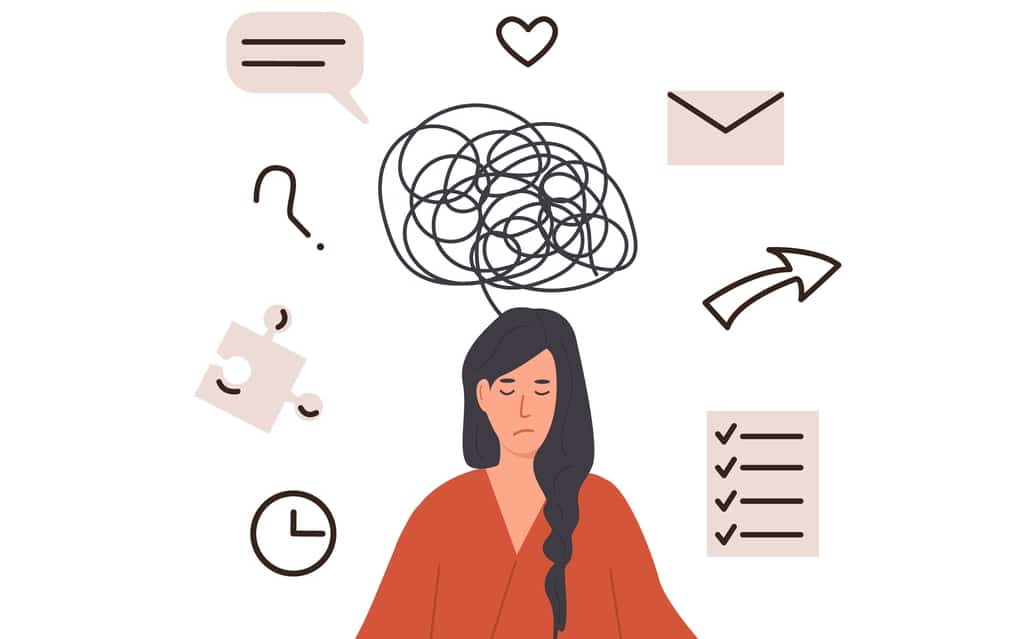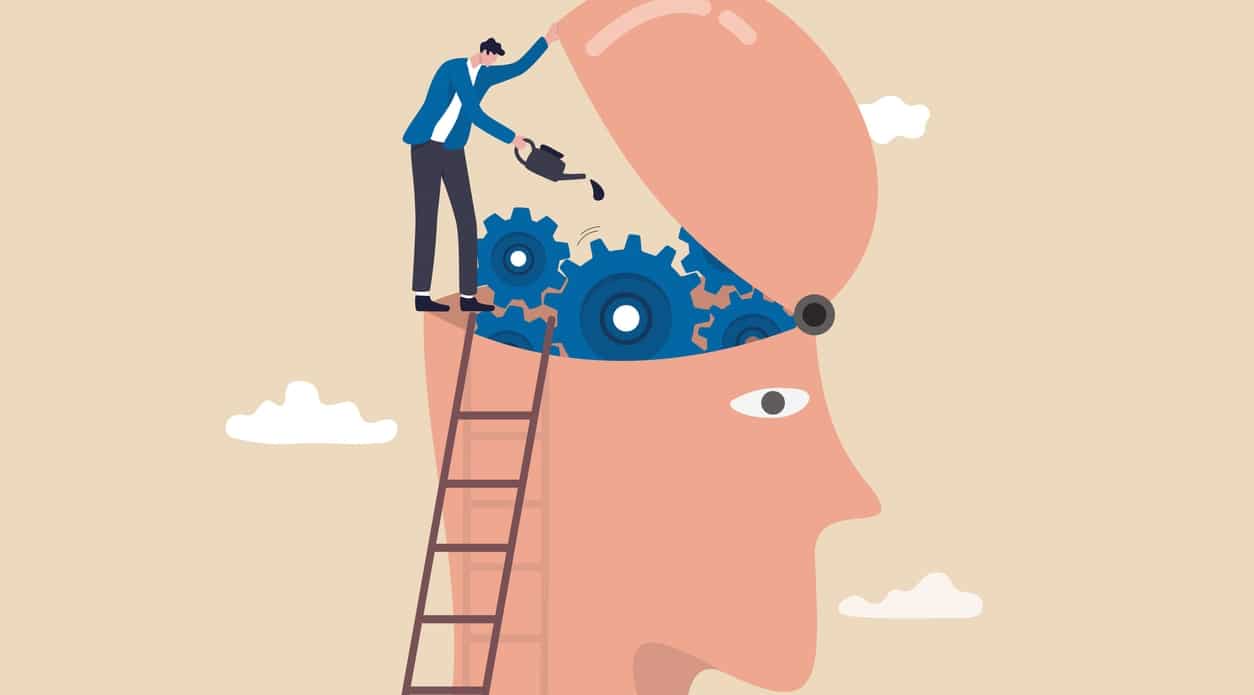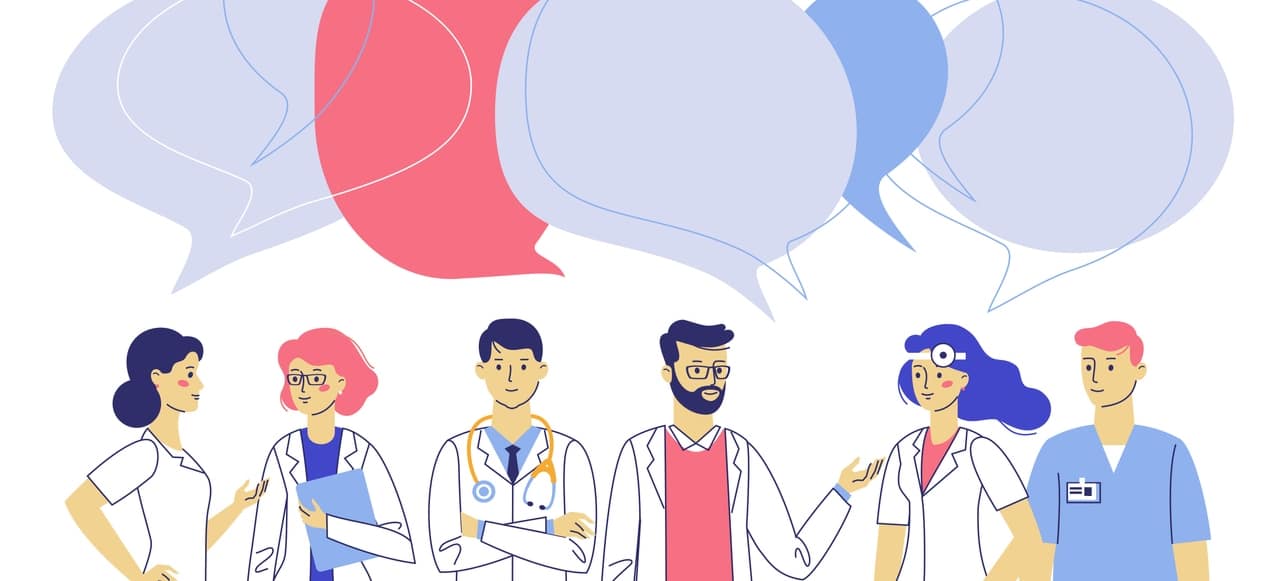
Is Your Thinking “Broken?”
Is Your Thinking Broken?
“Effortless, sharp, quick, and accurate.”
What if this were an accurate description of your thinking, memory, and concentration?
What Happened to Your Thinking?
Several things can damage your cognitive function:
Here’s a list of the most common problems:
Brain fog: Trouble with attention, memory, and slowed thinking.
Brain Fog often stems from:
- Hormone problems from perimenopause and menopause.
- Thyroid problems.
- Digestive problems (your gut is directly connected to your brain) READ ABOUT THE GUT-BRAIN CONNECTION HERE.
- Allergies, especially food allergies.
Memory: Age often affects memory, although this can be overcome.
Memory problems often stem from:
- Hormones in perimenopause and menopause.
- Nutritional deficiencies, especially essential fatty acids (such as found in many fish, flaxseeds, and almonds), B vitamins, and several other nutrients.
- Food allergies.
- Digestive problems.
- Metals toxicity (mercury, lead, copper, aluminum, etc.).
Concentration: Do you find that your mind wanders, even when you are trying to do a specific task? Have you meant to do something, even started to do it, but found yourself doing something else with no recollection of what happened?
Concentration problems are commonly related to:
- Food allergies.
- Nutritional deficiencies.
- Digestive problems.
- Metals toxicity (mercury, lead, copper, aluminum, etc.).
Cognitive Processing: Do you have difficulty reading, following instructions or get frustrated easily? I see this a lot in children, often diagnosed with Attention Deficit Disorder (ADD).
Cognitive Processing issues often relate to:
- Food allergies.
- Immune stress made worse by sugar and simple carbohydrates in diet.
- Digestive problems.
- Metals toxicity (mercury, lead, copper, aluminum, etc.).


Thinking Distractions
Being anxious or depressed can cause your thinking to be much less efficient and effective.
Depression tends to slow down thought processes and prevent you from thinking of creative and positive solutions to problems.
- What depression is NOT: chemical imbalances in your brain. This theory, fabricated to sell antidepressant drugs, has been completely disproven (see article here).
- Often depression is caused by having long-term chronic health conditions with no real hope of a solution. If you are convinced that your health will prevent you from reaching your goals, depression can be a natural emotion to feel.
Anxiety can be very distracting. It’s hard to be “sharp as a tack” when you’re freaking out, and often for no good reason.
- Your adrenal glands produce hormones that prevent stress from damaging your body. If the adrenals are fatigued, stress can cause physical reactions and even panic attacks.
- Adrenal glands are stressed by poor sleep, allergies, eating sugar and refined carbs, not eating enough protein, alcohol, junk foods, and life stress.
I frequently help my patients to heal their adrenal glands in my clinic. It’s among the most rewarding activities, as healthier adrenals can change your life!
I have had high levels of success with depression by helping patients to improve their physical health. Hormones, blood sugar, and digestive problems are the top health issues that also could improve depression.


How to Improve Your Thinking
Did you notice that the thinking problems listed earlier in this article are caused by physical health problems?
Memory, concentration, and brain fog are caused by digestive problems, allergies, nutritional deficiencies, toxins and hormone problems. These are problems that have solutions!
You don’t have to live with brain fog, concentration, or memory issues.
Your thinking could become effortless, sharp, quick, and accurate!
I see this every day in my clinic. Probably a third of the success stories patients write mention memory, concentration, brain fog, anxiety, or depression.
Many of these successes are major, life-changing improvements!
Solutions: What to Do?
In most of these cases the body became unable to maintain and heal itself completely.
As time goes on, additional stress and damage build up, and this overwhelming stress became symptoms, like anxiety, depression, brain fog, concentration problems or other “broken” thinking.
Many layers of complex damage prevent these problems from resolving by medical treatment. The only successful resolution of this problem is to address the primary cause: the body’s inability to heal itself.
My treatment programs address just this. I work with patients to reduce stress, supply raw materials, and eliminate barriers to healing. But your body healing itself is what creates 100% of my results.


One Accurate Test is Worth 1,000 “Expert Opinions”
The best solution in many cases of cognitive health problems is:
Get tested to determine what factors are preventing your body from healing.
If you don’t do this, you will be guessing, trying one thing after another to see what might work, researching the internet endlessly, and finding little that actually helps.
A word of caution: Discovering the cause(s) of your health problem is just the first step. You’ll also have to do something effective to assist your body in regaining its ability to heal.
If you have a stubborn/long-term health problem, there is no single treatment, drug, supplement, or diet that will solve it.
Read that last statement again. It’s important.


You Don’t Need a Single Treatment; You Need a Guide and a Program
You need an entire program to work with your body, diet, and lifestyle to restore your life and health. You’ll also need a guide to work with you through the program and ensure you get complete results.
It doesn’t have to be hard. Often a health treatment program takes much less time than you may imagine.
I understand how you feel; it was my own frightening health diagnosis that inspired my clinic. I’ve been where you are myself!
I’ve been helping the most stubborn health cases for 28 years and have developed a comprehensive program that is individualized and unique to you. What I do isn’t a secret! You can go to my Information and Education Hub webpage and read as much as you like about what I do and how it works.
Here is your plan:
- Use the link below to go to my online health quiz.
- Fill out the quiz and submit it.
- We’ll call you and do a phone consultation to determine if it’s likely that we could help you.
- You’ll get started toward feeling better and achieving your diet and health goals.
DON’T GIVE UP! DON’T BE STOPPED. DON’T DELAY OR “THINK ABOUT IT.” TAKE ACTION RIGHT NOW TO DISCOVER IF THIS IS THE SOLUTION YOU HAVE BEEN LOOKING FOR.
TAKE THE QUIZ! GET YOUR ENERGY (AND YOUR LIFE) BACK!
TO START YOUR PLAN: Fill out an online questionnaire
Submit your Questionnaire, and you’ll receive a complimentary consultation to get more information about causes to your problems and your individual health questions answered.
Patient Successes
ADHD Label and Surgery Avoided for Child
Awesome success! I’ve got to tell you that I just came back from my son’s first parent-teacher conference, and I found that he was rated #1 in his class! This is a child who would not let anyone touch him. He had so many allergies that he could not concentrate. He was getting ready to be labeled as ADHD and have his tonsils and adenoids removed. We waited on the surgery, avoided testing that would have labeled him as learning disabled, and did exactly what you told us. Now he can even breathe without snoring at night. I love this place! Everyone here is determined to give each patient the best possible care. Every child who has an attention, behavior, dependent or medical issue should be here. Thank You! —R.J.
Brain Fog is Gone!
The frustration of brain fog is over. Alternative Health Atlanta has brought the sunshine back. The beautiful thing is… when I try to remember what I just forgot… I do! With 5 kids, a home, a husband, and an extended family, memory is worth millions. Thanks for lifting the fog. — S.B.












